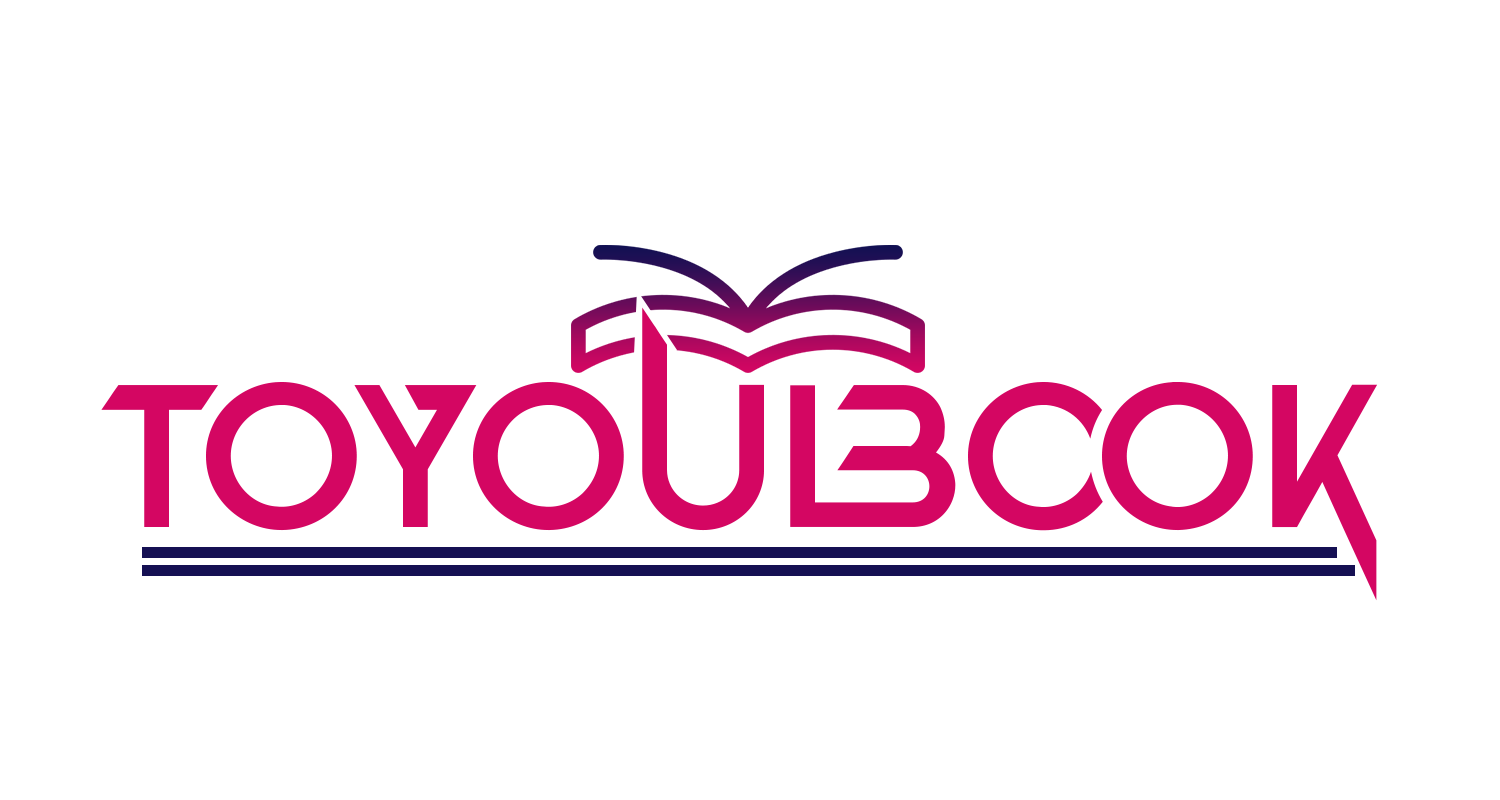Recently, online language courses have become wildly popular due to their ease and accessibility. Online courses will teach students German, a challenging and crucial European language.
Structured Curriculum and Lesson Plans
A planned curriculum with well-defined lesson plans is an essential component of any successful online German language course. Students will go progressively from the most fundamental to more complex concepts in these classes. To ensure students learn everything at once, each session builds on previous knowledge. Students can see the larger picture when they follow a well-organized curriculum and courses. They demonstrate how things function and offer language learners a sense of success.
Interactive Multimedia Content
The use of interactive multimedia material is a common strategy in online German courses for increasing student engagement and improving course understanding. Video lectures, audio recordings, quizzes, and interactive tasks are all examples of what may be included in these resources. The visual and auditory elements of video classes greatly enhance students’ ability to understand and use the target language. Grammar and vocabulary are reinforced via activities and quizzes while listening skills are enhanced through audio recordings. Learning German becomes more interesting and active with interactive multimedia content.
Dedicated Language Practice
With an online German language course, one will have the chance to concentrate on language practice, which is an essential component. Learning a new language requires more than simply taking in facts and figures; it also necessitates putting that knowledge into practice. Students may put their newfound knowledge to use in a variety of contexts via the many online language courses that include practice exercises, assignments, and even interactive language exchange forums. To become fluent, one must practice the language.
Personalized Learning Paths
In order to meet the requirements and objectives of each student, several online German courses provide personalized learning pathways. At the outset, these platforms may evaluate students’ skill levels and provide introductory courses accordingly. The course learns its students’ abilities and areas of weakness as they go through it, tailoring its content and grading criteria to each individual’s needs. Learners may even establish objectives for themselves in certain classes, whether it’s to study for a proficiency test, go on a trip, or advance professionally. Every student is different, and personalized learning routes take that into account. Students’ motivation and engagement may be enhanced by personalizing the course material to their own needs and objectives.
Support and Feedback
Help and criticism are essential components of high-quality German language lessons offered online. Having access to professors or tutors who can answer questions, clarify concepts, and give help when required is a common feature of these courses. Learners may also monitor their development and pinpoint problem areas with the use of automatic feedback systems. Learners will also benefit from the support and camaraderie that can be fostered via peer engagement and online discussion groups. When it comes to overcoming uncertainties, strengthening knowledge, and keeping motivation high, support and feedback play a vital role.

